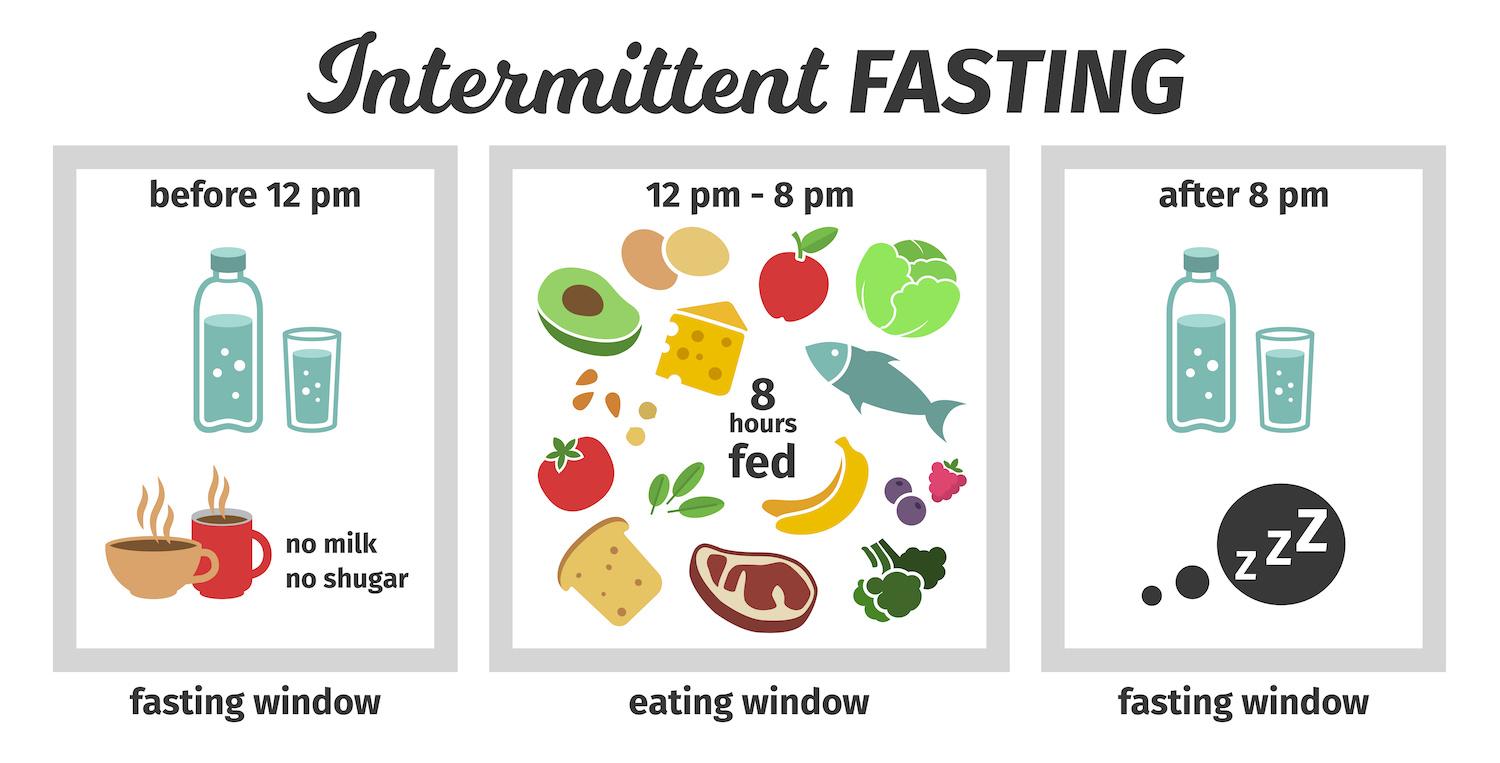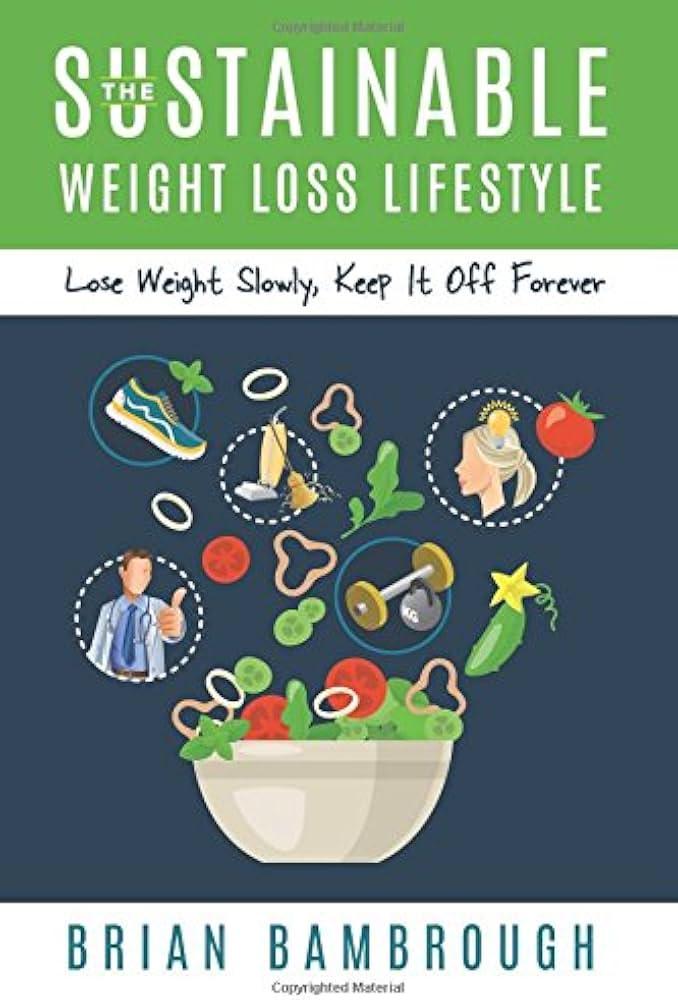In a world where the promise of a slimmer waistline often arrives wrapped in the allure of the latest diet craze, it can be challenging to separate fact from fiction. Fad diets sweep through our lives like seasonal storms, each bringing its own set of rules, restrictions, and supposed miracles. From the cabbage soup cleanse to the latest keto concoction, these diets promise rapid results but often leave us questioning their true effectiveness and sustainability. This article delves into the truth behind fad diets and weight loss, exploring the science, the myths, and the reality of achieving lasting health and wellness. Join us as we navigate the whirlwind of dietary trends, seeking clarity in a landscape often clouded by sensational claims and fleeting successes.
Understanding the Allure of Fad Diets
Fad diets have an irresistible charm that captures the imagination of those seeking quick and easy weight loss solutions. Their appeal often lies in the promise of rapid results with minimal effort, a dream scenario for anyone frustrated by traditional dieting methods. They often come with a catchy name or celebrity endorsement, lending an air of legitimacy and excitement. However, beneath the surface, these diets often rely on oversimplified science and restrictive eating plans that can be difficult to sustain.
- Instant Gratification: The promise of losing weight fast can be incredibly enticing, especially in a culture that values immediate results.
- Novelty Factor: Each new diet brings a fresh approach, providing a sense of hope and novelty that conventional diets lack.
- Social Influence: The popularity of these diets often spreads through word-of-mouth and social media, creating a bandwagon effect.
Debunking Common Myths and Misconceptions
- Myth: Carbs are the enemy.
Truth: Carbohydrates have long been vilified in the world of fad diets, but they are essential for a balanced diet. Carbs are the body’s primary energy source, and cutting them out entirely can lead to fatigue and nutrient deficiencies. Instead of eliminating them, focus on consuming complex carbohydrates like whole grains, fruits, and vegetables. - Myth: Eating late at night causes weight gain.
Truth: The idea that eating after a certain hour directly leads to weight gain is a common misconception. Weight gain is more about the total calorie intake versus calories burned. It’s important to pay attention to portion sizes and food choices, regardless of the time. If your evening meals are balanced and within your daily caloric needs, they won’t sabotage your weight loss goals. - Myth: Detox diets cleanse your body.
Truth: The human body is equipped with a highly efficient system for detoxification—your liver, kidneys, and lungs do this naturally. Fad detox diets often promise a quick fix, but they can be unnecessary and sometimes harmful. Instead, support your body’s natural detox system by staying hydrated, eating a balanced diet rich in fiber, and getting regular exercise.

Scientific Insights into Effective Weight Management
When it comes to understanding weight management, science offers a nuanced perspective that transcends the quick-fix promises of fad diets. Effective weight management is rooted in a comprehensive understanding of how our bodies respond to different nutritional inputs and energy expenditures. Rather than subscribing to the latest diet craze, it is crucial to focus on evidence-based strategies that promote sustainable health benefits. Key scientific insights include:
- Energy Balance: The fundamental principle of weight management is maintaining an energy balance, where the calories consumed are balanced with the calories expended. A deficit or surplus in this balance can lead to weight loss or gain, respectively.
- Metabolic Adaptation: The body’s metabolism can adapt to lower calorie intake by reducing energy expenditure, making it harder to lose weight on very low-calorie diets. Understanding this can help set realistic expectations for weight loss journeys.
- Macronutrient Composition: The composition of your diet in terms of carbohydrates, proteins, and fats can influence metabolism and satiety levels, playing a critical role in managing weight effectively.
Emphasizing a balanced diet and regular physical activity, rather than short-term dietary restrictions, aligns with scientific insights and supports long-term health and well-being.

Practical Tips for Sustainable and Healthy Weight Loss
Achieving sustainable and healthy weight loss is about making small, consistent changes rather than drastic overhauls. Start by focusing on nutrient-dense foods that nourish your body. Incorporate more fruits, vegetables, whole grains, and lean proteins into your meals. These foods are not only rich in essential nutrients but also help you feel full longer, reducing the urge to snack on less healthy options.
- Set realistic goals: Aim for a gradual weight loss of 1-2 pounds per week.
- Stay hydrated: Drinking enough water can aid in digestion and help control hunger.
- Mindful eating: Pay attention to hunger cues and eat slowly to enjoy your meals fully.
- Regular physical activity: Incorporate activities you enjoy, whether it’s walking, cycling, or yoga, to keep moving consistently.
- Sleep well: Adequate rest is crucial for metabolism and maintaining energy levels.
Remember, the key is balance and consistency. By implementing these small, manageable changes into your lifestyle, you’re more likely to see long-term success without the need for extreme diets or unsustainable practices.
The Conclusion
As we draw the curtain on our exploration of fad diets and the quest for weight loss, it becomes clear that the truth is often more nuanced than the bold promises that adorn glossy magazine covers. The allure of quick fixes and magical transformations can be tempting, yet the journey to sustainable health and well-being is rarely a sprint. It’s a marathon, paved with mindful choices, balanced nutrition, and a commitment to understanding our unique bodies.
While the world of fad diets offers a kaleidoscope of options, the essence of lasting change lies not in restriction but in balance, not in fleeting trends but in enduring habits. As we navigate this landscape, let us be guided by science, informed by experience, and inspired by the promise of a healthier tomorrow. the most profound transformation is not just in our waistlines but in our mindset, embracing a lifestyle that celebrates wellness in all its forms.


































